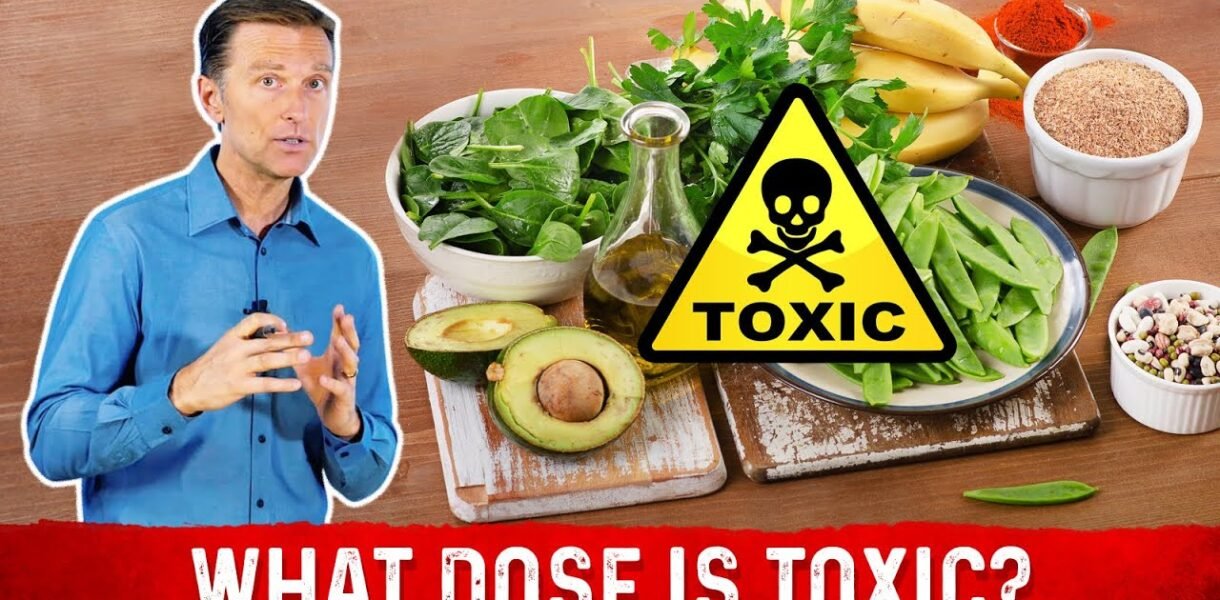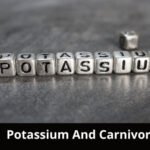Table of Contents
Explore the potential risks and benefits of high potassium intake. Learn how Can High Doses of Potassium Be Toxic? and how to balance your potassium levels safely and understand the symptoms of hyperkalemia.
Is there such a thing as a toxic dosage of potassium?
So is there such a thing as a toxic dosage of potassium ?
Let’s talk about that .
Now the first thing to know is that you will rarely , if ever , have a problem with potassium if you get it from food .
I’m talking about 7 to 10 cups of vegetables per day .
When to limit potassium consumption
Unless you have stage 5 kidney disease .

If the kidney is damaged , if you’re having a chronic kidney problem , you’re not gonna be able to filter out potassium like you should and it can build up and create a lot of problems with your body .
Also if you’re taking large amounts of potassium and you’re on a ACE inhibitor which is a blood pressure medication or a beta blocker or a potassium sparing diuretics , trying to lower your blood pressure .
Or you have Addison’s disease which is rare but it’s a complete adrenal burnout and you’re taking a lot of potassium , it could exaggerate the symptoms .
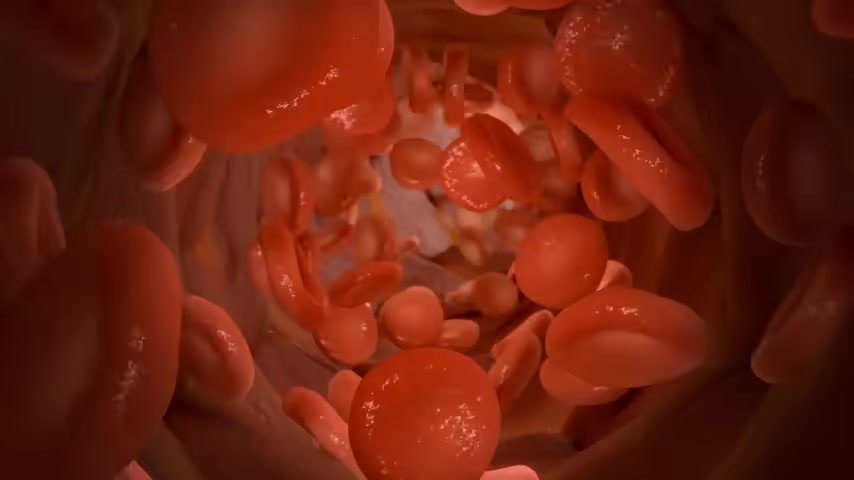
There is a condition called hyperkalemia which is a problem in the blood where you have too much potassium .
And the symptoms would be malaise , palpitations , shortness of breath , muscle weakness .
High Doses of Potassium Be Toxic

Now let’s talk about the extreme dosage and when the bee starts becoming toxic .
When you go between 8 , 000 to 10000 milligrams , you’re gonna start feeling nauseous .
Nausea is probably the first symptom you’re gonna get .
But the real toxic effect of of Potassium happens right around 14 , 000 milligrams .
Especially if you’re deficient in Potassium and you take that much potassium at 1 time .
It could be very very dangerous .
| Category | Details |
|---|---|
| Role of Potassium | Essential for muscle function, nerve transmission, and maintaining fluid and electrolyte balance. |
| Symptoms of Potassium Toxicity | – Muscle weakness – Fatigue – Irregular heartbeats – Nausea – Vomiting – Shortness of breath – Tingling or numbness – Chest pain – Palpitations – Abdominal cramping |
| Safe Potassium Intake | The recommended daily intake of potassium for adults is about 4,700 milligrams. |
| High Potassium Intake Risks | Intake above 4,700 milligrams can lead to hyperkalemia, especially in individuals with kidney problems or those taking certain medications. |
| Conditions Leading to Hyperkalemia | – Decreased kidney function – Certain medications (e.g., ACE inhibitors, ARBs, potassium-sparing diuretics) – Excessive dietary intake – Dehydration – Chronic diseases such as diabetes and heart disease |
| Treatment for Potassium Toxicity | – Reducing dietary potassium intake – Adjusting medications – Medications to lower potassium (e.g., sodium polystyrene sulfonate, diuretics) – Intravenous calcium to protect the heart – Dialysis in severe cases |
| Dr. Berg’s Recommendations | Monitor potassium levels, avoid excessive intake, consult with a healthcare provider before taking potassium supplements, and manage underlying health conditions to prevent hyperkalemia. |
| Importance of Monitoring Levels | Regular check-ups with healthcare providers, monitoring for signs of deficiency or excess, maintaining a balanced diet for overall health. |
But realize that to do this you’d have to take a lot of potassium .
Even if you took straight potassium in a teaspoon , which is about 1 , 000 to maybe 25 100 milligrams .
You would have to take about 10 to 14 of those before this effect was achieved .
So basically what I’m telling you it it is very rare to have a toxic effect of Potassium if your kidneys are healthy and you’re not on these medications .
A couple more things you should know about potassium
Couple more points about potassium .
Potassium is not generally stored in the body .
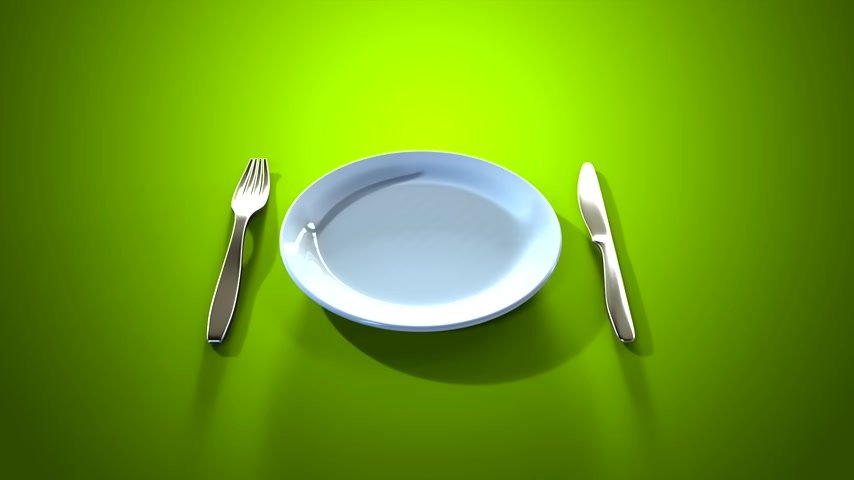
So when you do prolonged fasting , okay , you can run out of potassium .
And for that reason , I do recommend when you’re doing prolonged fasting is you do electrolyte fasting , where you’re doing water and electrolytes while you’re fasting .
That way you could prevent that problem .
Because you’re not just taking potassium , you’re taking all the electrolytes .
Another point , if you are deficient in B 1 and you take a tremendous amount of potassium , that can exaggerate the symptoms .

Of course , this is 1 of the reasons why I always recommend healthy keto because you’re taking b vitamins or nutritional yeast with your electrolytes , and you’re never gonna have a problem with that .
But on the flip side , if you’re deficient in potassium and you take a lot of b 1 , let’s say 5 , 000 milligrams , you’re gonna have exaggerated symptoms from that .
But the point I’m trying to make with this is that these nutrients work in a synergistic effect .
Any time you take a tremendous amount of 1 nutrient and not the other ones , you can create a problem
The right sodium and potassium ratio
And that goes for this , the sodium and potassium ratio which is a little more important than just these minerals individually .
For example , if you consume a lot of potassium without sodium , that’s gonna be a problem .
If you consume a lot of potassium with the right ratios of sodium , problem solved .
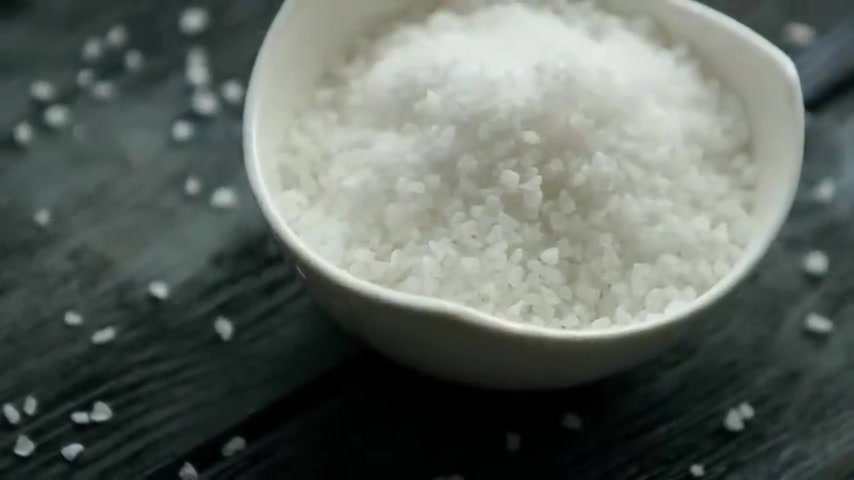
Same thing goes with , let’s say , you’re on a high salt diet and those symptoms from going on a high salt diet disappear when you take more potassium .
So the point is when you take 1 without the other , there’s a problem .
So the more sodium you take , the more potassium you’re gonna need .
The more potassium you take , the more sodium you’re gonna need .
But realize that’s a 1 to 4 ratio so you need 4 times as much potassium as sodium .
And that’s why they work together .
And when you’re going to the doctor for blood pressure problems or heart problems , they’re always putting you on a sodium restrictive diet .
What they should do is just simply add more potassium .
That decreases the toxic effect of sodium .
Summary
So in summary , you would have to consume a tremendous amount of potassium to create a problem .
If you’re consuming 1 , 2 , 3 or 4000 milligrams of potassium a day , you’re not gonna have a problem .
But when you get higher , 8 , 000 , 10000 , you start experiencing symptoms .
And of course if you’re going even higher than that , you potentially could have a problem as well but it’s very rare .
key Points:
The first thing you should know is that you will rarely if ever, have a problem with potassium if you get it from fresh food—even at 10 cups of vegetables per day. However, there are a few exceptions, including if you:
- Have stage 5 kidney disease
- Take an ace inhibitor
- Take a beta-blocker
- Use potassium-sparing diabetics
- Have Addison’s disease
- Have hyperkalemia
- Now let’s talk about extreme doses of potassium. When you have between 8,000 and 10,000 mg of potassium, you may begin to feel nauseous. If you are already low on potassium and you take something like 14,000 mg of potassium, this could be very dangerous. Keep in mind that potassium doesn’t store in the body. If you do prolonged fasting, you can deplete your potassium quickly. To prevent this, I recommend electrolyte fasting, which is including electrolytes in your fast.
- If you already are deficient in potassium, vitamin B1 can exaggerate the symptoms. I also recommend that you keep your sodium and potassium levels balanced. If you consume a lot of potassium without any sodium, that’s going to be a problem. The same problem happens if you have a lot of sodium and no potassium. You need four times as much potassium as sodium, so make your you have sodium and potassium in a 1 to 4 ratio.
- In summary, the average healthy person would have to take a tremendous amount of potassium to develop a problem of high potassium levels in the blood. If you have 1,000-4,000 mg of potassium a day, you’re not going to have a problem.
DATA:
https://www.ncbi.nlm.nih.gov/books/NBK545424
FAQ:
How much potassium is poisonous to humans?
Potassium is essential for bodily functions, but in large amounts, it can be toxic. The upper limit for safe potassium intake is about 4,700 milligrams per day for adults. Consuming more than this can lead to hyperkalemia, a condition where potassium levels in the blood become dangerously high, potentially causing severe health issues.
Is it safe to take large doses of potassium?
Taking large doses of potassium is generally not safe and should only be done under medical supervision. Excessive potassium intake can lead to hyperkalemia, which can cause muscle weakness, irregular heartbeats, and even cardiac arrest. Always consult with a healthcare provider before taking potassium supplements.
Is excess potassium harmful?
Yes, excess potassium can be harmful. High levels of potassium in the blood, a condition known as hyperkalemia, can cause muscle weakness, fatigue, irregular heartbeats, and in severe cases, life-threatening cardiac arrest. It is crucial to maintain balanced potassium levels for overall health.
What is an unsafe amount of potassium?
An unsafe amount of potassium typically exceeds 4,700 milligrams per day for adults. Consuming potassium above this level can lead to hyperkalemia, especially in individuals with kidney problems or those taking medications that affect potassium levels. Always follow recommended dietary guidelines and consult a healthcare provider.
Potassium toxicity
Potassium toxicity, or hyperkalemia, occurs when there is an excessive amount of potassium in the blood. Symptoms include muscle weakness, fatigue, irregular heartbeats, and, in severe cases, cardiac arrest. Immediate medical attention is required to manage and treat potassium toxicity.
Potassium toxicity level
The level at which potassium becomes toxic varies, but generally, blood potassium levels above 5.0 milliequivalents per liter (mEq/L) are considered high and can lead to hyperkalemia. Levels above 6.0 mEq/L are dangerous and require urgent medical treatment.
What drugs can cause high potassium levels?
Several drugs can cause high potassium levels, including:
- ACE inhibitors (e.g., enalapril, lisinopril)
- Angiotensin II receptor blockers (ARBs) (e.g., losartan, valsartan)
- Potassium-sparing diuretics (e.g., spironolactone, amiloride)
- Nonsteroidal anti-inflammatory drugs (NSAIDs) (e.g., ibuprofen, naproxen)
- Beta-blockers (e.g., propranolol, metoprolol)
What causes high potassium levels in the elderly?
High potassium levels in the elderly can be caused by decreased kidney function, medications that affect potassium balance (e.g., ACE inhibitors, ARBs, potassium-sparing diuretics), dehydration, and chronic diseases such as diabetes and heart disease. Regular monitoring and medical supervision are essential for managing potassium levels in the elderly.
What is the main cause of high potassium?
The main cause of high potassium (hyperkalemia) is decreased kidney function, which impairs the kidneys’ ability to excrete excess potassium. Other causes include medications that affect potassium balance, excessive dietary intake, dehydration, and certain medical conditions such as diabetes and heart disease.
What are the 10 signs of high potassium?
- Muscle weakness
- Fatigue
- Irregular heartbeats (arrhythmias)
- Nausea
- Vomiting
- Shortness of breath
- Tingling or numbness
- Chest pain
- Palpitations
- Abdominal cramping
High potassium levels and cancer
High potassium levels can occur in cancer patients due to factors like chemotherapy, tumor lysis syndrome, or kidney impairment. It is essential for cancer patients to have their potassium levels regularly monitored and managed by healthcare providers to prevent complications.
Treatment for high potassium
Treatment for high potassium (hyperkalemia) includes:
- Reducing dietary potassium intake
- Stopping or adjusting medications that raise potassium levels
- Using medications to lower potassium (e.g., sodium polystyrene sulfonate, diuretics)
- Intravenous calcium to protect the heart
- Dialysis in severe cases
Always consult with a healthcare provider for personalized treatment options.

